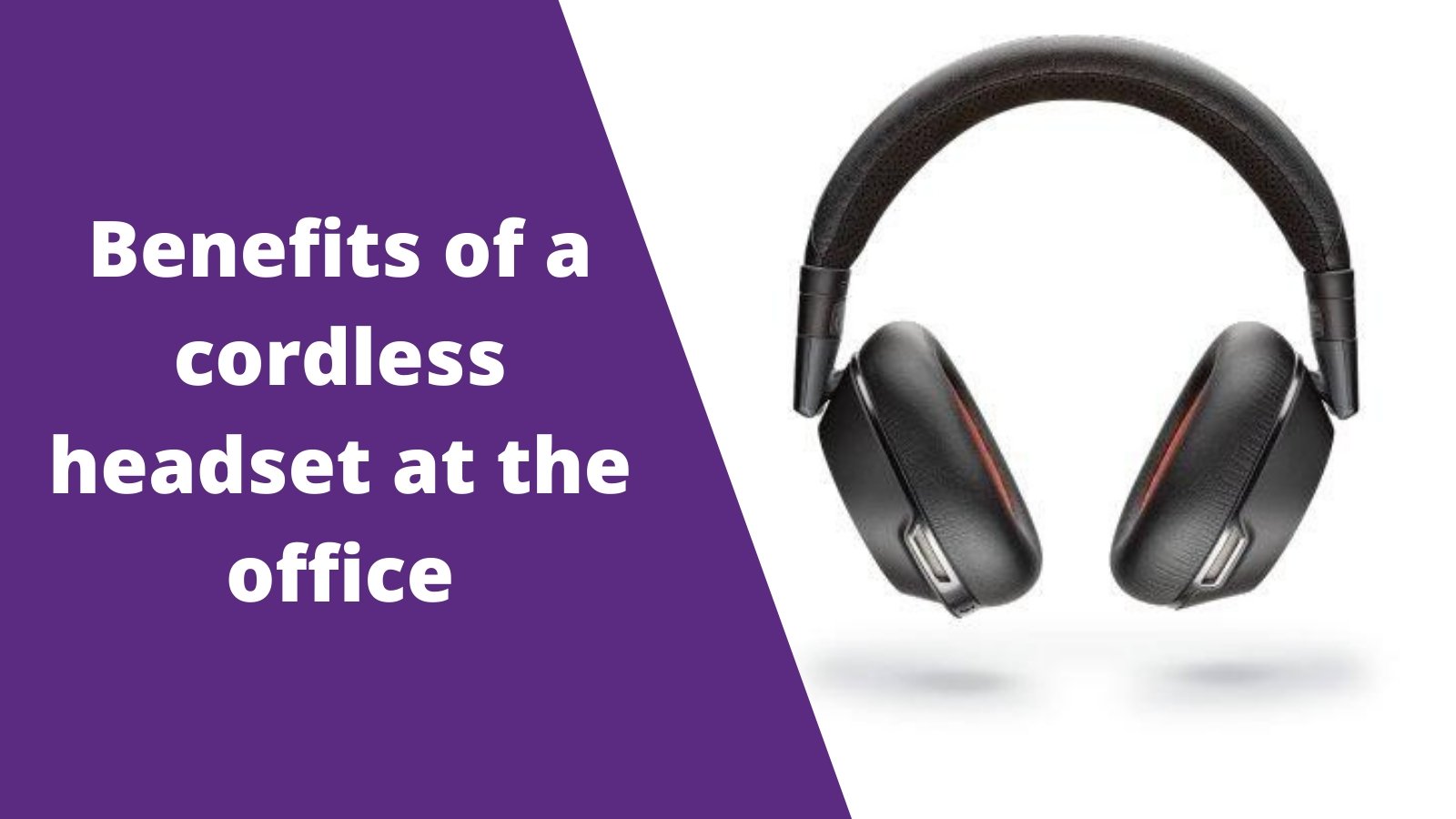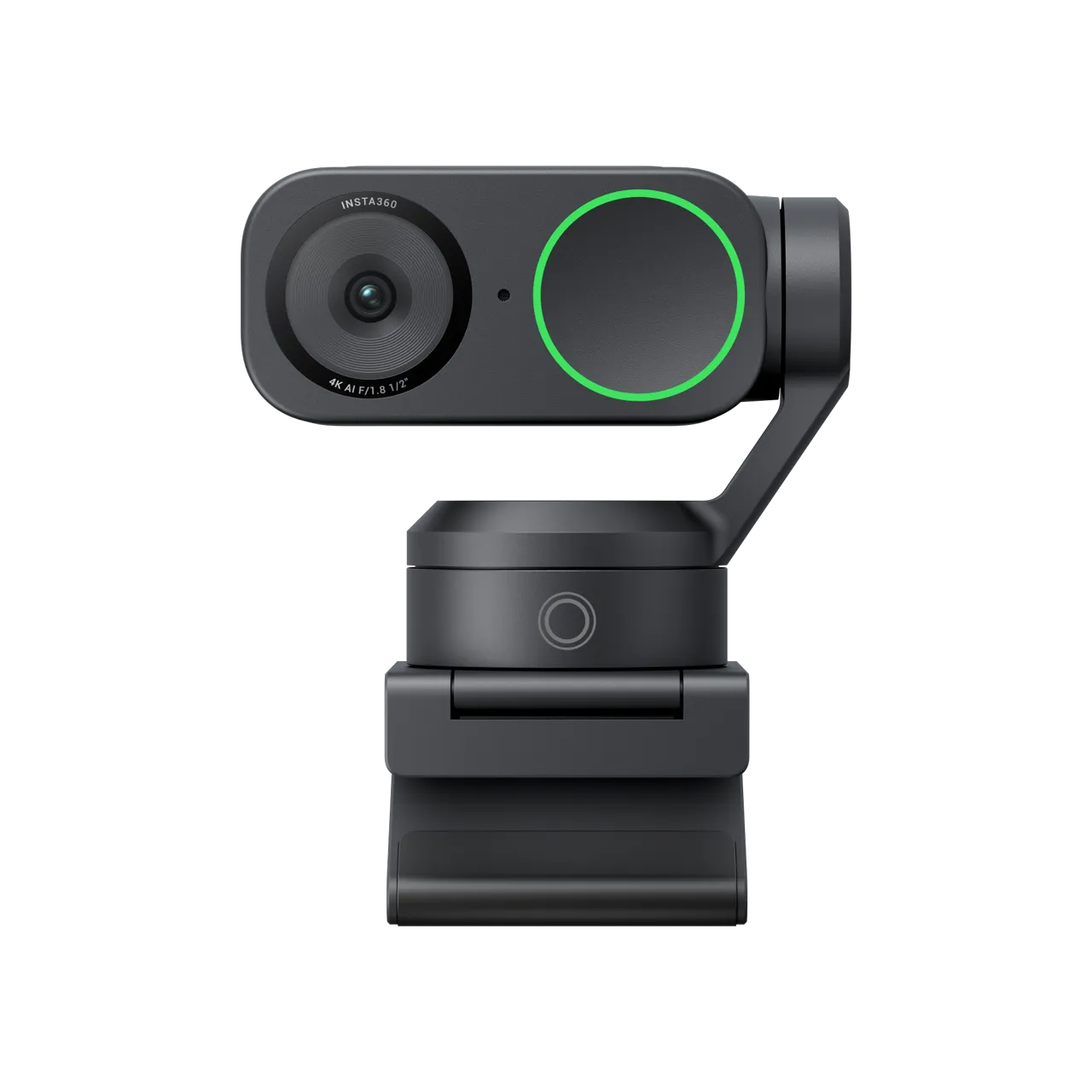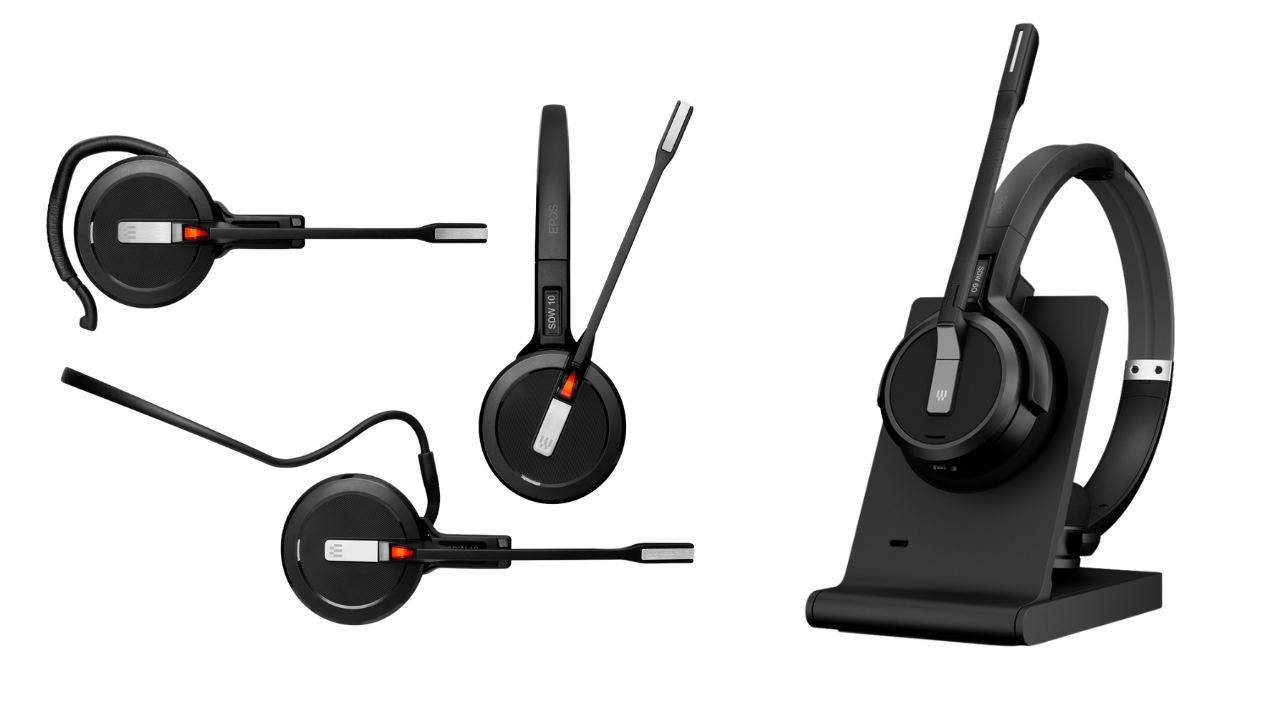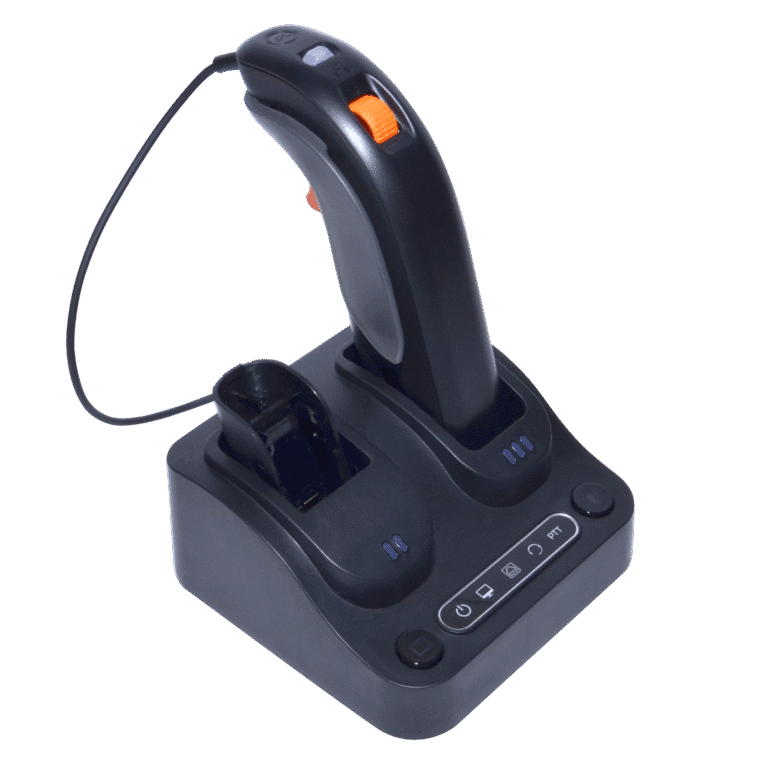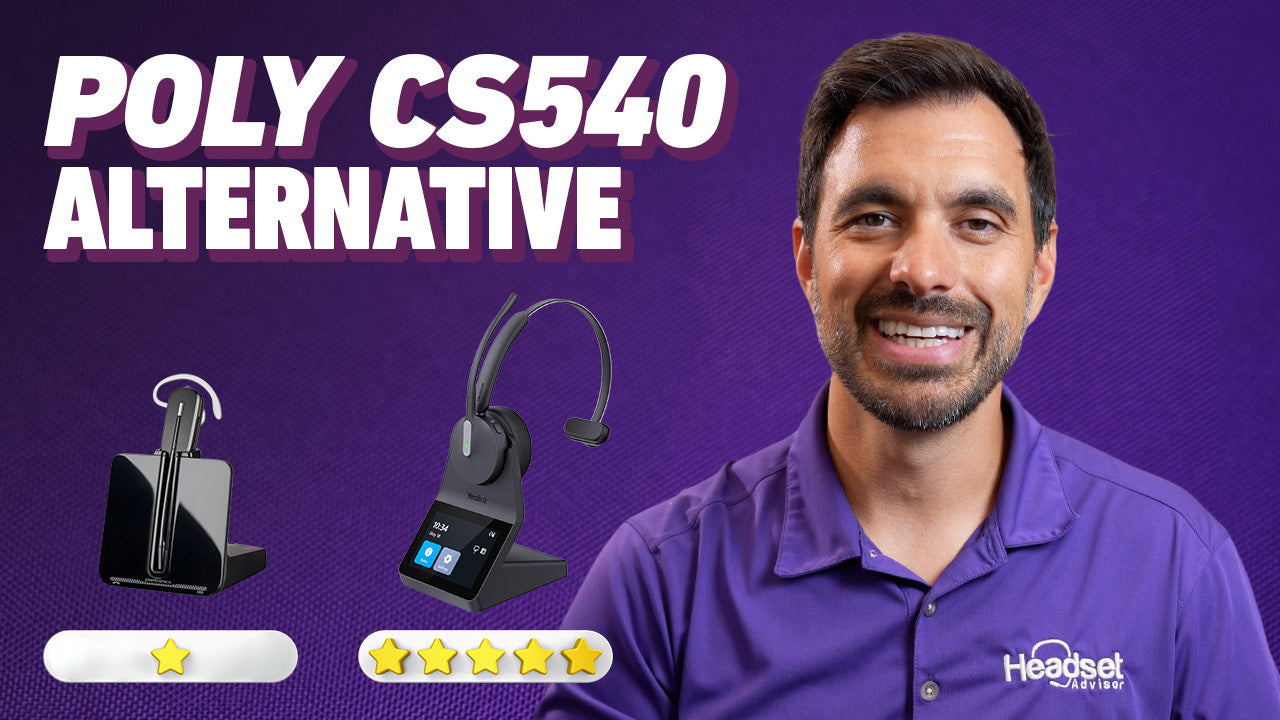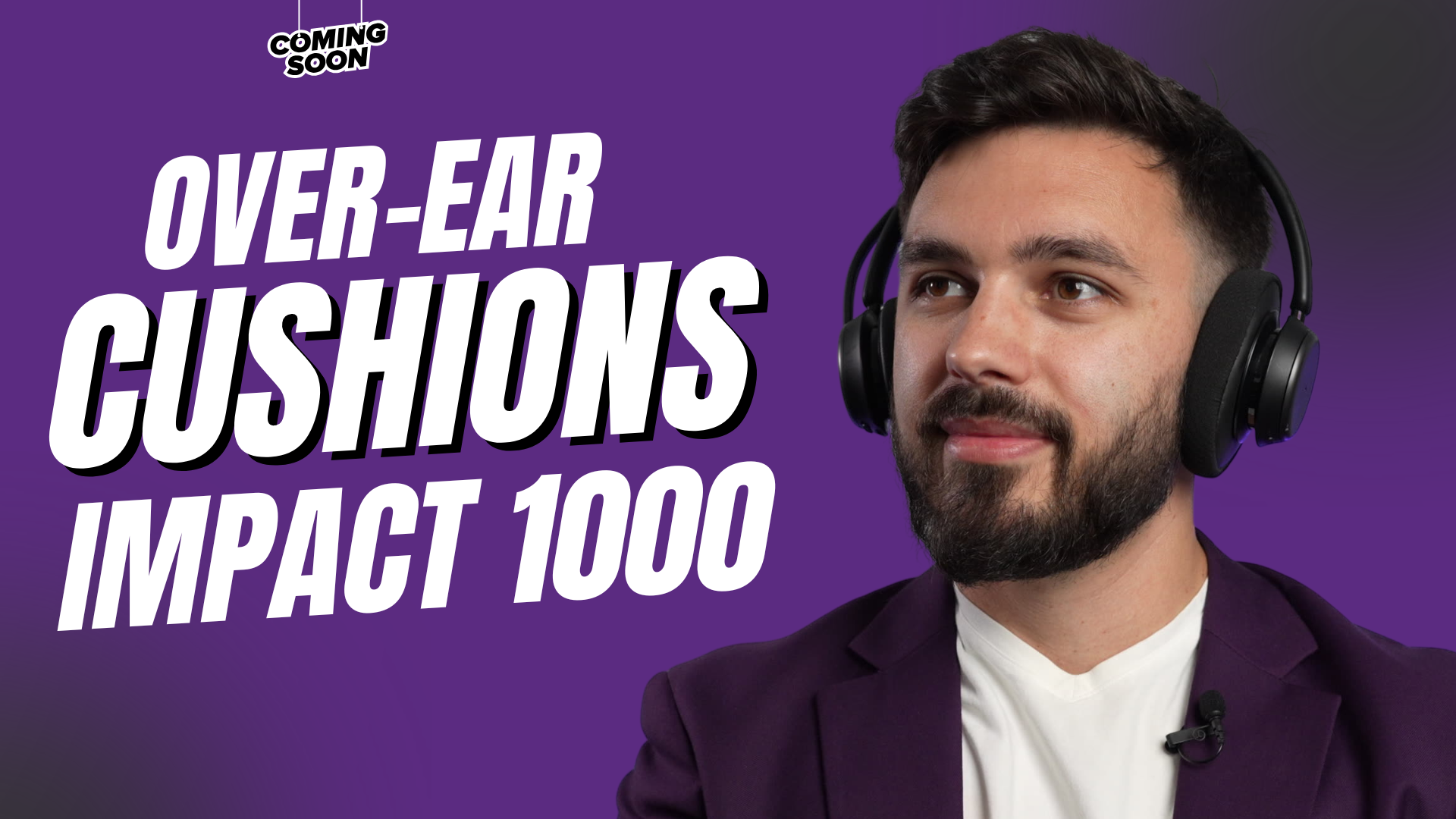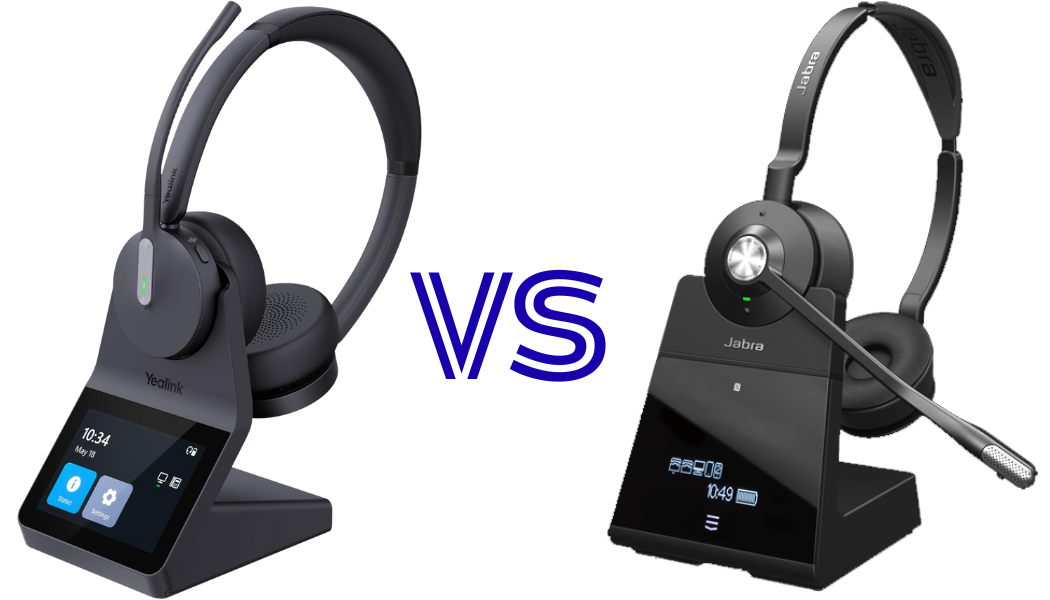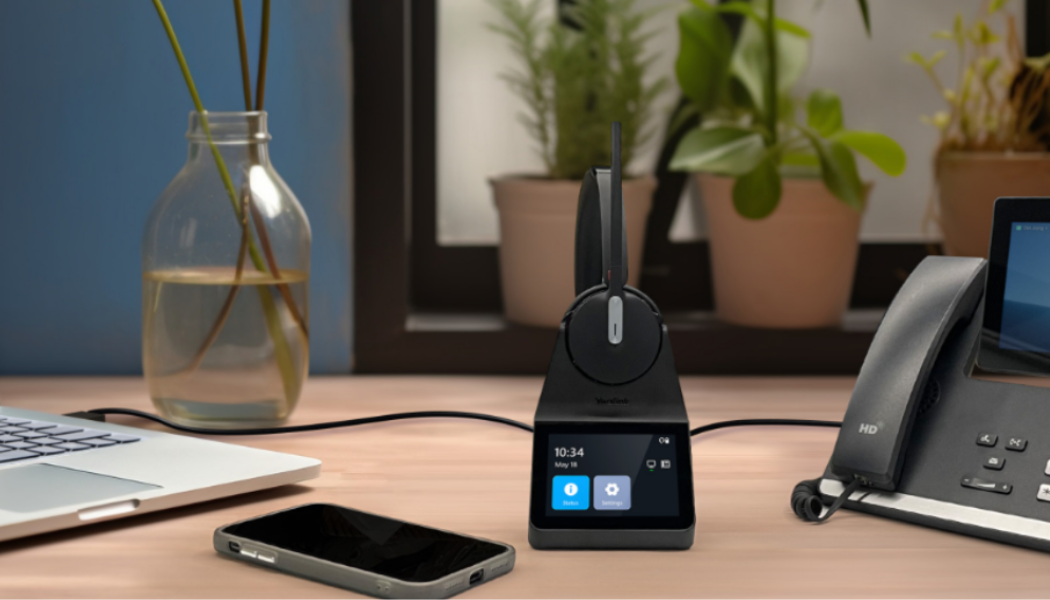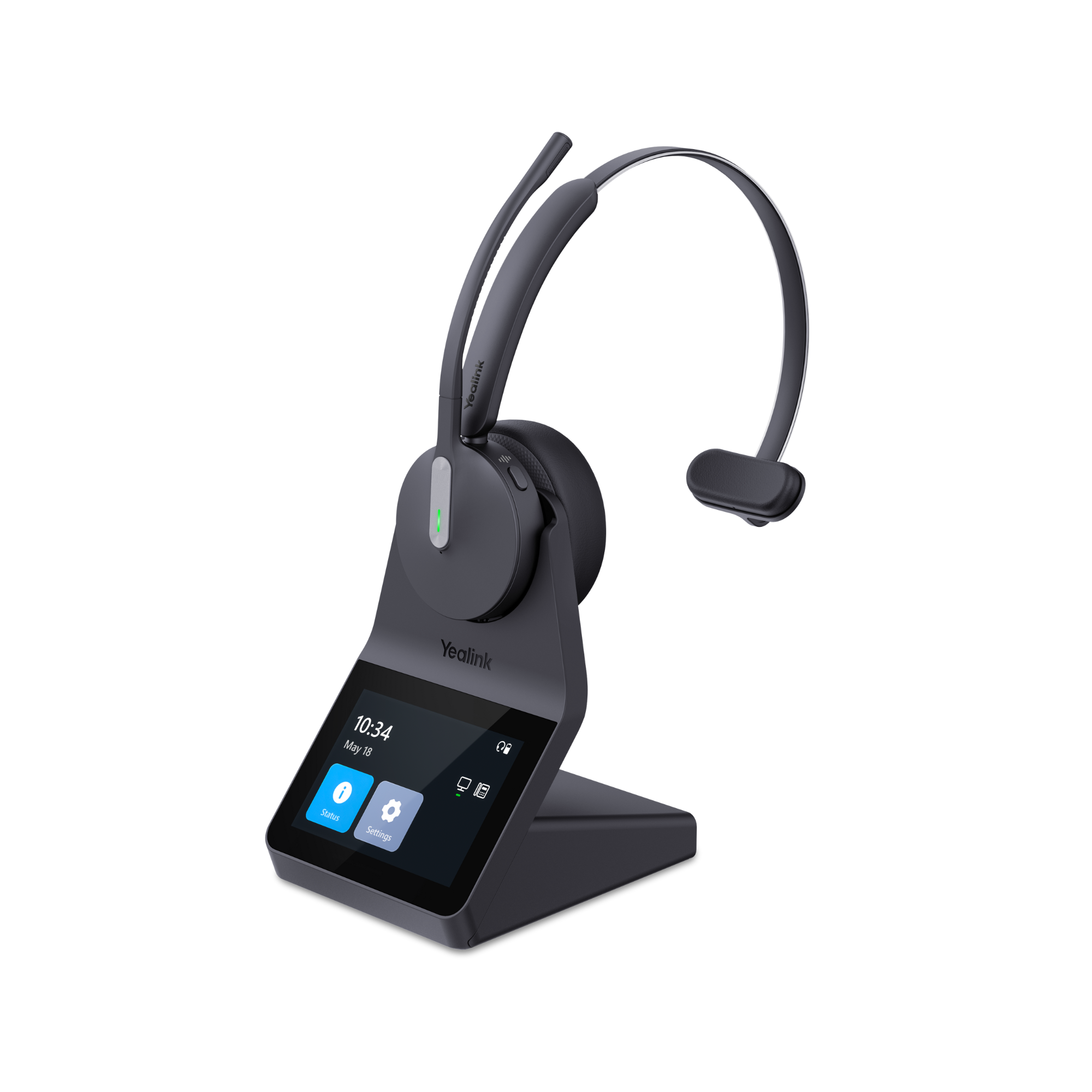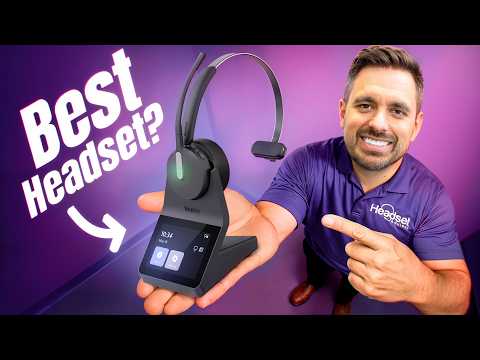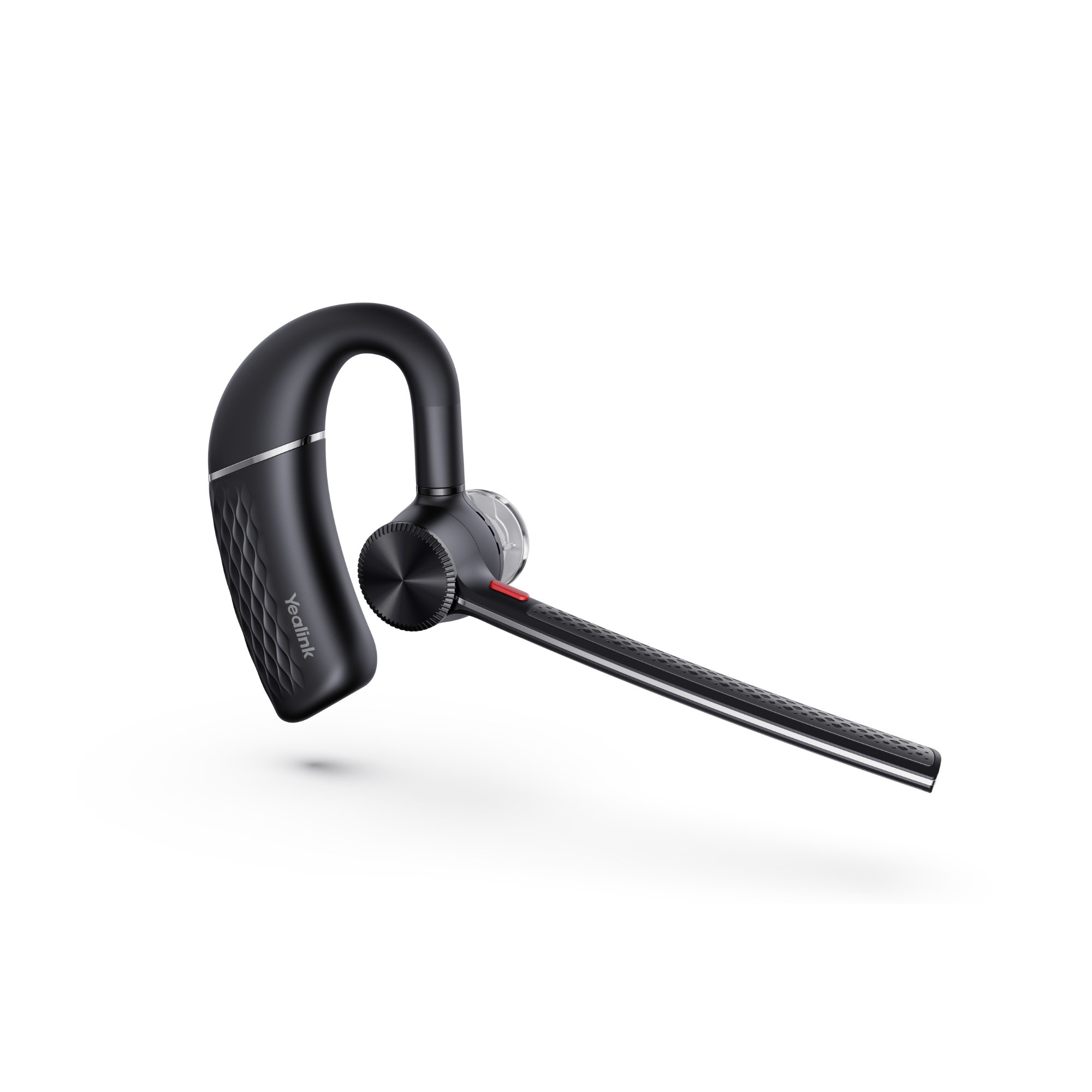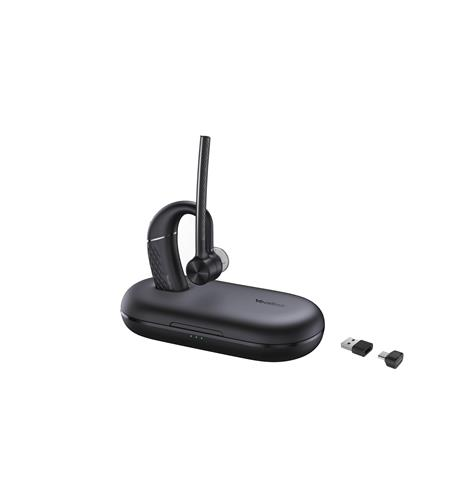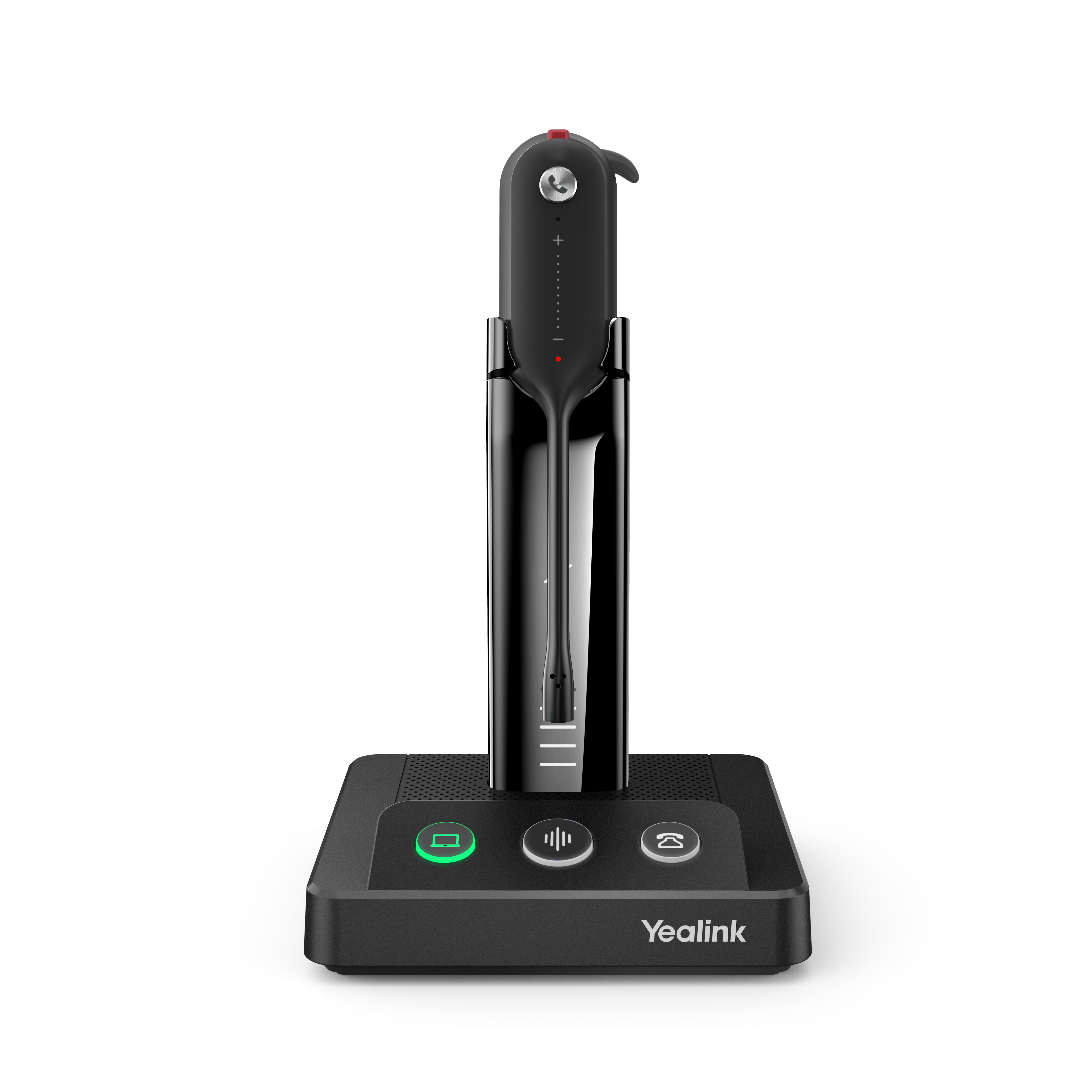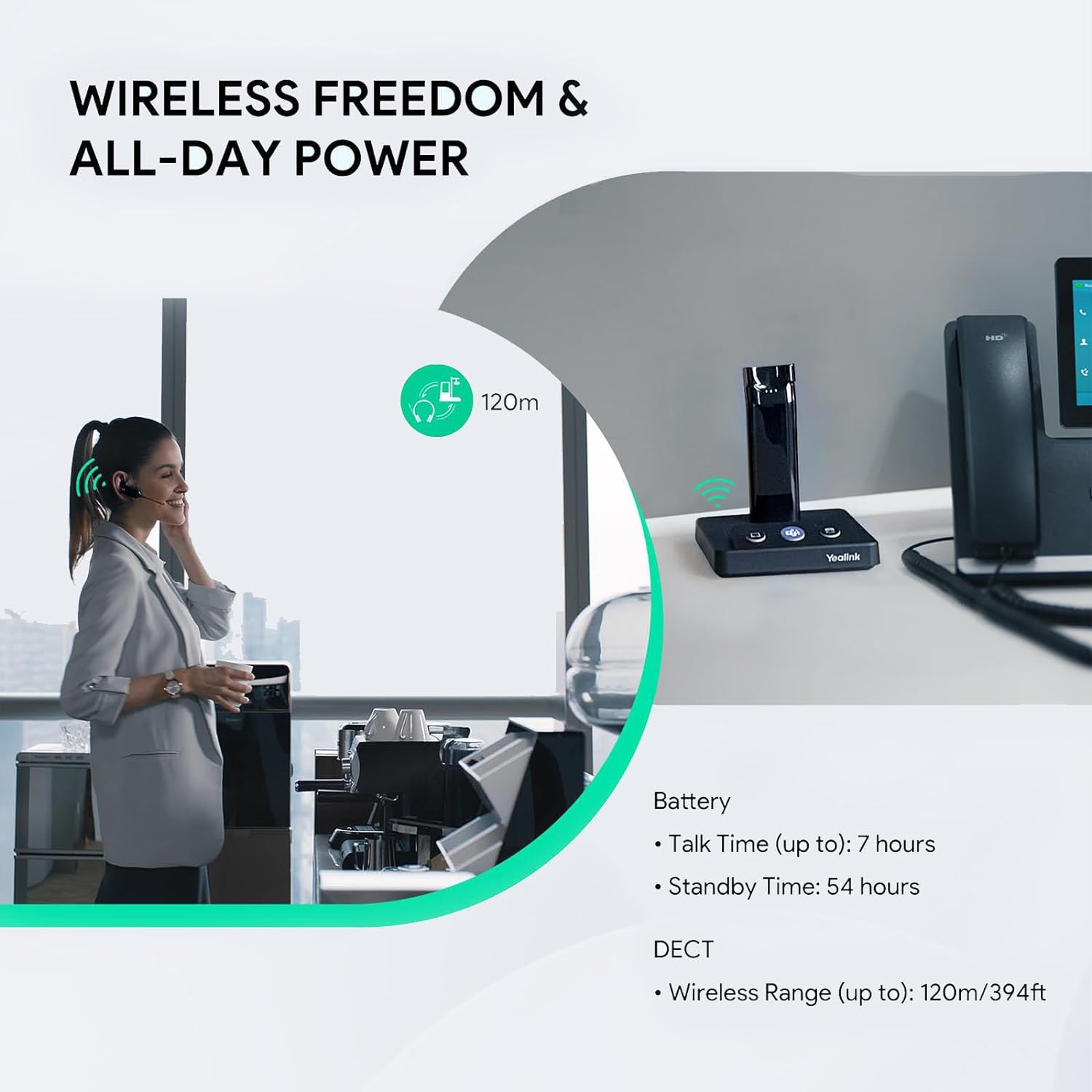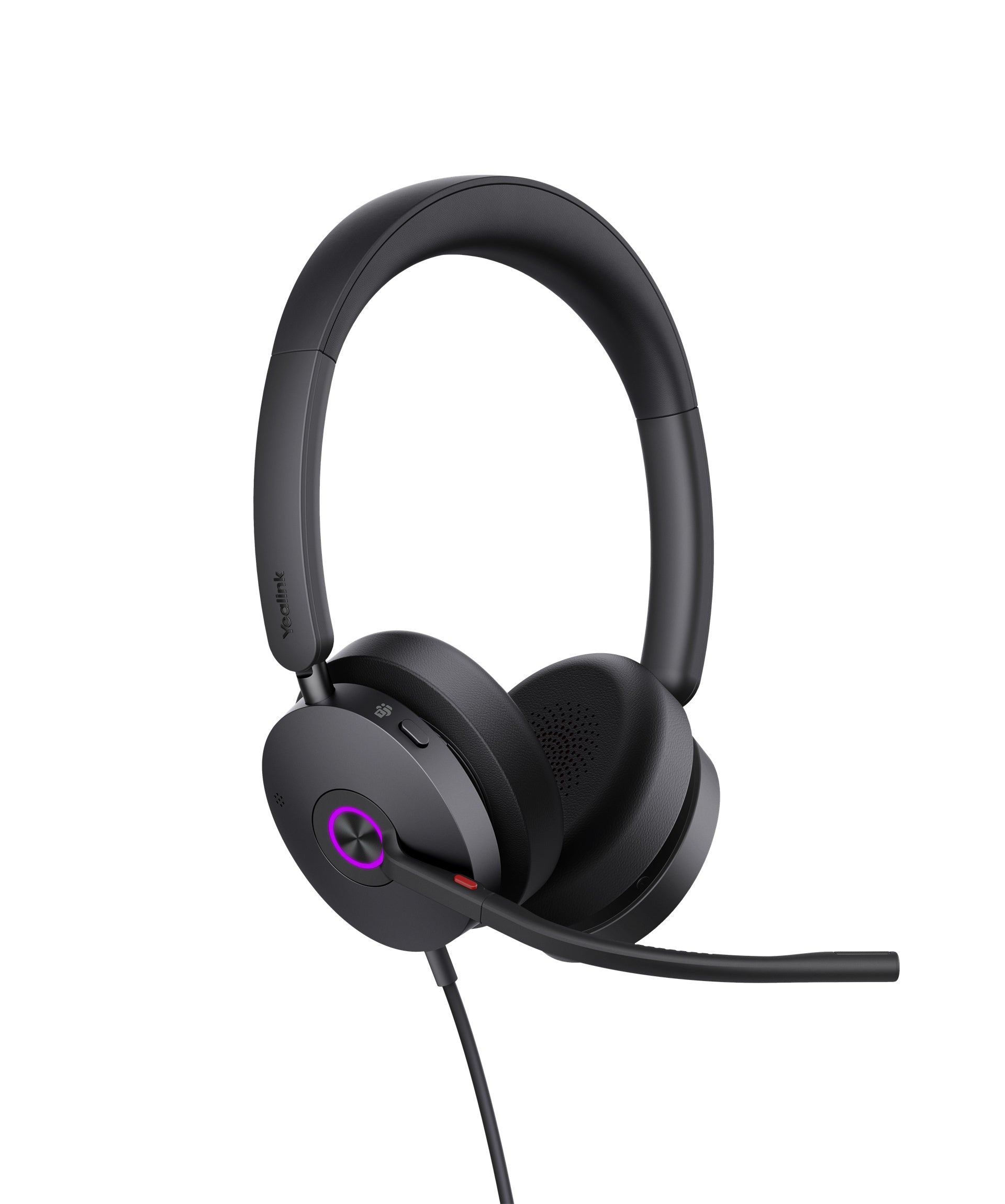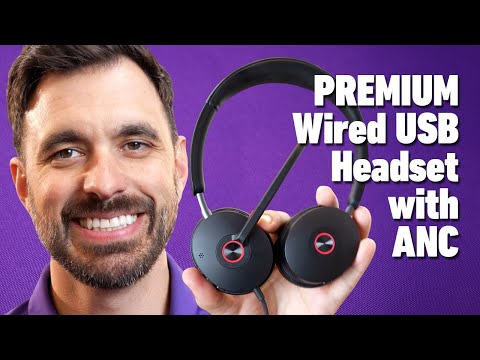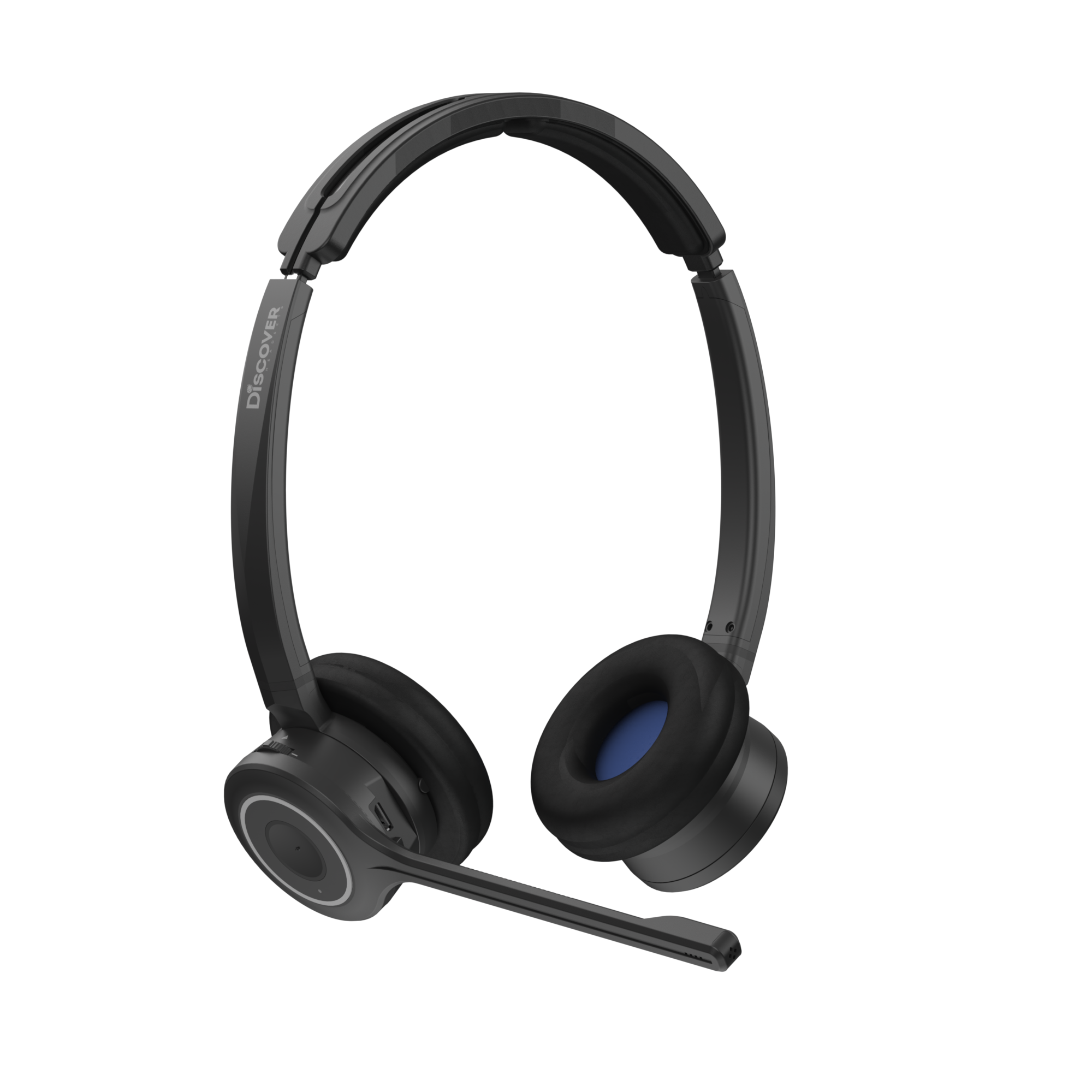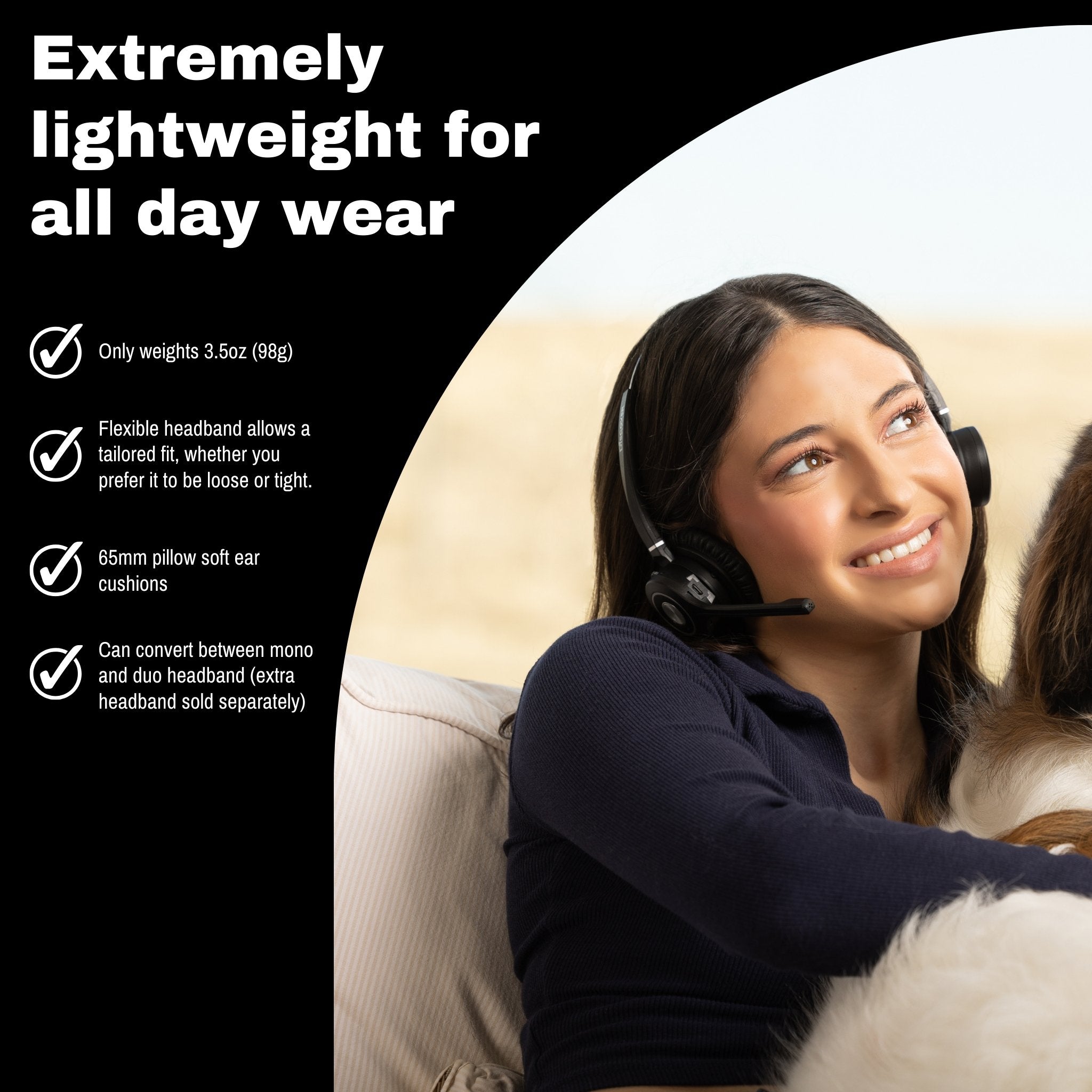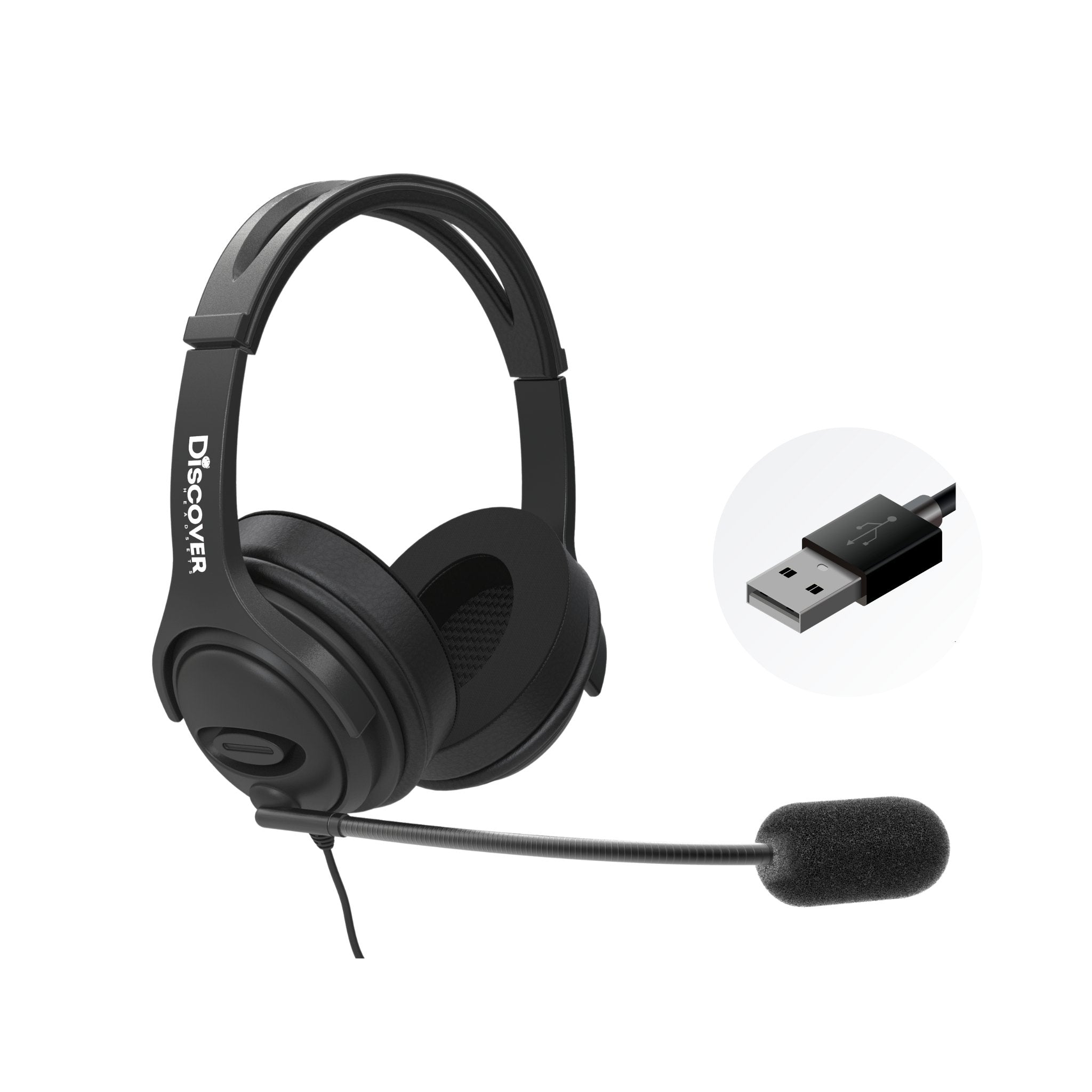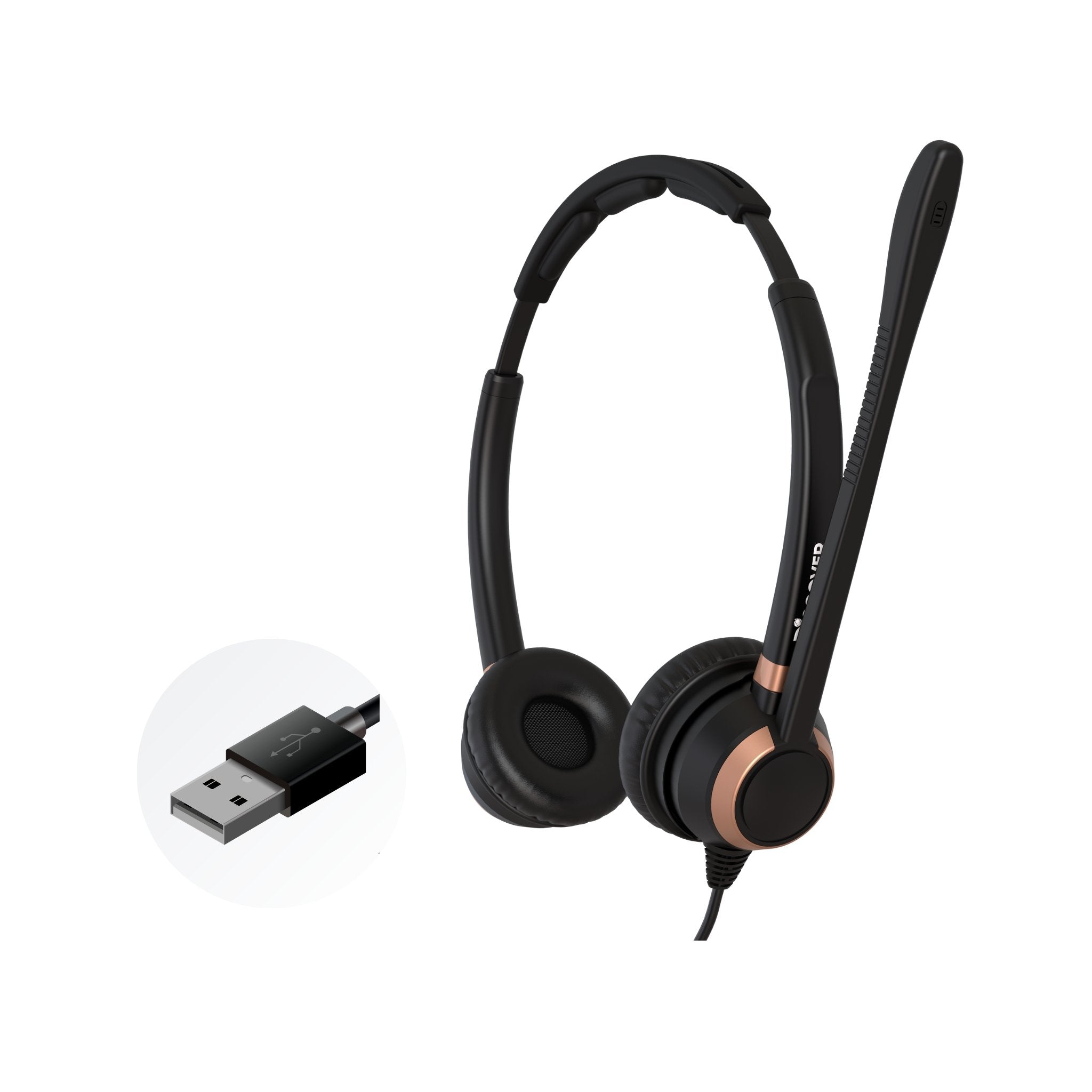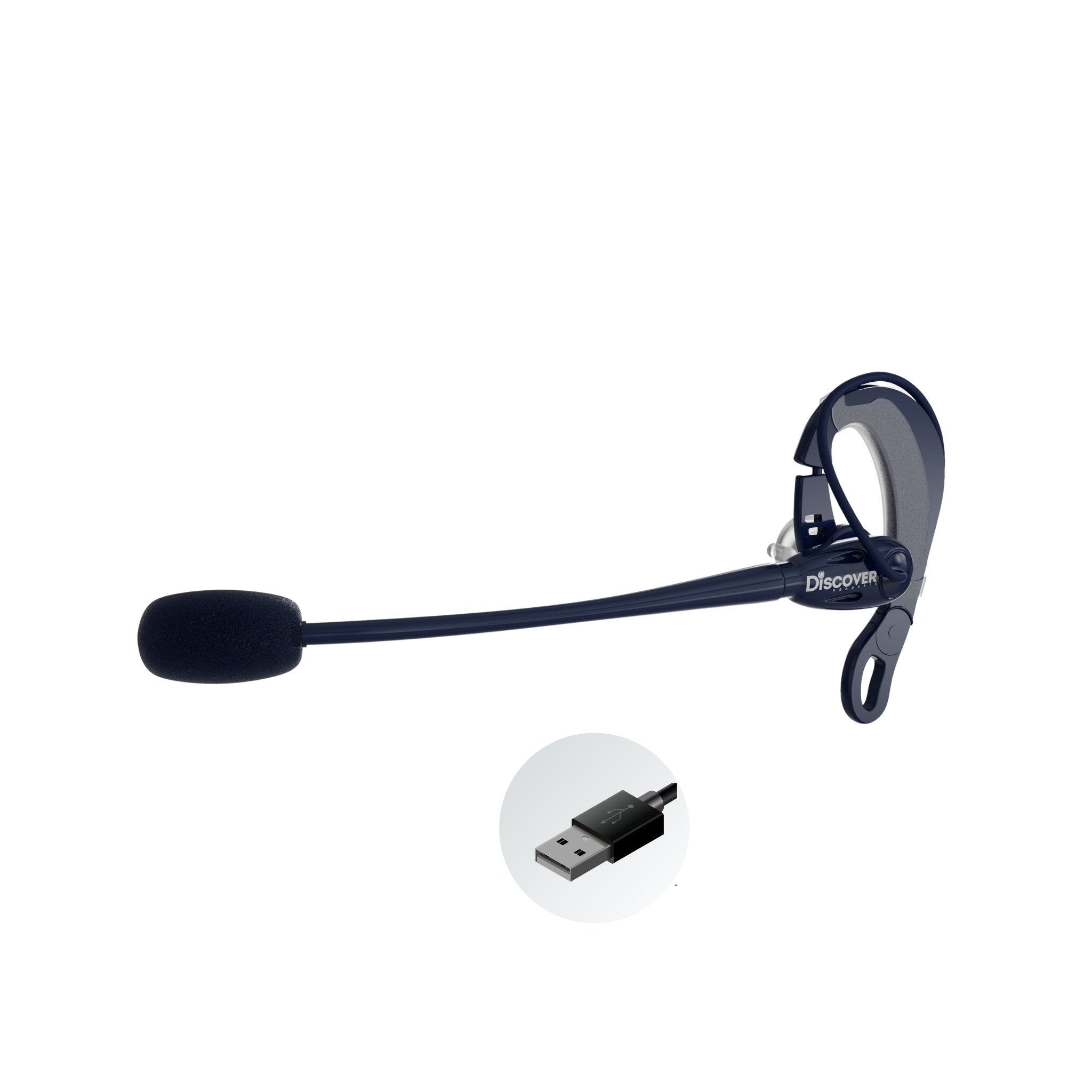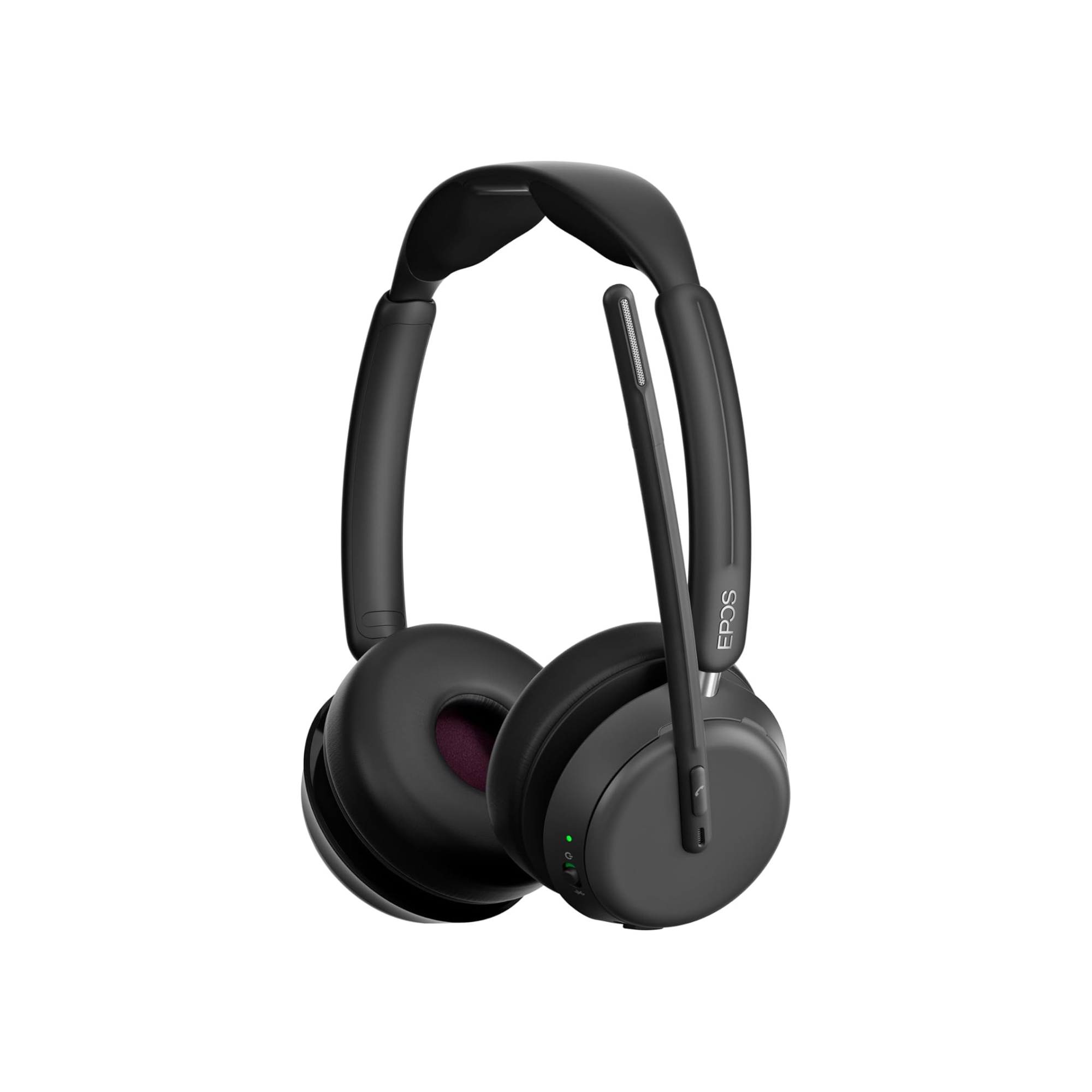Before you've ever used a headset, you were probably cradling the handset on your neck until you tried a wired headset and realized it was a game changer. The natural progression to further make your job easier and more productive is getting a cordless headset for your office phone. Upgrading to a wireless headset, you won't regret you did!
#1 Both hands will stay free to multitask
With everything happening in your office a cordless headset is one tool that will improve your daily work. Keeping both hands free allows you to more freely do tasks that would otherwise require you to put the phone down, or worse cradle a phone on your neck.
#2 Less missed calls and voicemails to listen to
Cordless headsets for your office phone give you the improved benefit to be away from your office phone to answer/end calls. When a call comes in, you will hear a beep tone in your cordless headset and at that point you press one button on your headset to answer or end a call.
Without using a wireless headset, if you step away from your desk for a moment, you will have to run back to the phone just to answer a call and hopefully you don't miss the call.
#3 You won't be tripping over cords
When you use the handset or a wired headset, you have a cord getting in the way and often times what happens is you get up to do something and your headset flys off. We can all agree that having no cord is better than having a cord, so I'll keep this topic short.
#4 Ability to mute your calls when away from the desk
Being able to mute your microphone as you're away from your desk is a nice benefit because you can essentially put the caller on hold away from your phone, do what you need to do, then quickly unmute the microphone to be back on the call.
#5 Reduced distractions in louder working spaces
When you're tethered to your phone and the office starts to get loud, you will have a harder time concentrating and the caller on the other end may hear everything going on around you.
With a wireless headset, if you get on an important phone call and the office starts to get loud, you can simply get up from your desk and move into an area that's more quiet.
#6 Improved health
We've all heard "sitting is the new smoking". When you work in the office, ergonomics is one of those things that sound nice but many of us don't take serious. Before you know it your neck is always hurting, you're going to the Chiropractor and filing workers comp claims.
As soon as you tell the Chiropractor or doctor what type of job you do, the first thing they are going to point to is your ergonomics and changing bad habits. Sitting all day is one of those.
Using a cordless headset for your office phone is one tool that will allow you to get your job done and still get up from your desk to walk and talk, so you have more opportunities to get up from your desk.

infographic from juststand.org
Best Multi Connectivity Plantronics Wireless Headset
The advantage of having a cordless headset that connects with multiple devices is the flexibility to connect to your desk phone, mobile phone and computer. This will give you peace of mind if your needs ever change that you have a wireless headset will work no matter which device you use.
There's a few best Plantronics wireless headsets that connect to multiple devices.
#1 Plantronics Savi 8220- If you prefer a headset that covers both ears or your in an office/home environment that's loud and you want to block out the noise, the Savi 8220 is the best.
#2 Plantronics Savi 8240- This is the most popular option customers choose because not only will it connect to your desk phone, mobile phone and computer but it includes 3 wearing options. So, you can switch between an ear hook, headband and neckband wearing style. This allows you to customize the headset for your preferred comfort and if you're deploying the headset to a number of people, you have one model that gives the user choices.
#3 Plantronics Voyager 4245- In some cases you may have a need to be more mobile. Meaning, you work in your home/office on your desk phone or computer but would like the flexibility to take your headset with you in the car to connect with your mobile phone for calls. The Voyager 4245 Office will allow you to use the headset in your office or take it with you on the go and like the 8240 comes included with 3 wearing options.
As you can see each model has their advantages and no matter which headset you choose is a good choice.
Best Plantronics Headset For Desk Phone
When considering different headsets for a desk phone (Avaya, Cisco, Mitel, Shoretel, Polycom, AT&T, Yealink and more), it's important you get a compatible model. One of the most common mistakes is purchasing a Bluetooth headset thinking it will work on a desk phone. Even if your desk phone does have Bluetooth, stay far far away from a Bluetooth headset.
Why?
You will have little to no wireless range, there may be connectivity issues and you won't have the best sound quality.
The best Plantronics headsets for a desk phone operate on a technology called DECT and are designed specifically for desk phones. Whereas Bluetooth headsets are usually best for mobile phones.
That being said, here's a few of the best plantronics headsets for a desk phone
The Plantronics CS540 is by far the most popular wireless headset for a desk phone because it's extremely lightweight, provides 350 feet of wireless range works on 98% of desk phones and allows you to switch between a headband ear hook for a tailored fit, no matter what the users wearing preference is.
If you're in a louder home or office environment and need a headset that blocks out background noise for you to zone in on your calls, then the Plantronics Savi 7210 is the way to go. You'll have two speakers so both of your ears are covered, you can connect to 98% of corded desk phones and up to 350 feet of wireless range.
Wireless may be to expensive for you at this time. If that's the case, you can invest in a wired headset that will keep costs down, keep both of your hands free and give you great sound quality. In that case the Plantronics HW540 is recommended. Other models only give you the choice of either a headband wearing style with one speaker or an earpiece style for example. The HW540 includes a headband, ear hook and neckband for you to choose between to give you more options.
Keep in mind, with this type of headset, you need what's called a Direct Connect Cable or Headset Amplifier in order to connect to your specific make/model of phone (sold separate). Contact us to verify compatibility if unsure.
Best Plantronics Wireless Headsets For Mobile
When getting a Plantronics wireless headset for your mobile phone, you'll enjoy the benefits to be hands free, wire free with improved sound quality. Especially in environments that start to get loud. Each Plantronics wireless will have a noise canceling microphone, so if you're walking and there's wind blowing or there's people around you chattering, the noise will be reduced that your caller would otherwise hear.
This won't be the most attractive looking headset to wear but if you want a Plantronics Bluetooth headset that provides the best performance, this would be an option to consider.
Main Reasons To Use A Bluetooth Headset
Investing in a wireless headset no matter if it's for a desk phone, computer or mobile phone is going to cut the cord, keep you hands free and give you more freedom to multitask and be more productive in the process.
For example, with a corded headset if you need to get up and go walk across the room, you can't. A Bluetooth headset will allow you to get up and go walk across the room or mute the microphone and talk with a co-worker to get a quick answer.
That being said, don't mistake a Bluetooth as the best solution for all devices. In most cases Bluetooth headsets are best for mobile phones. When you start pairing a Bluetooth headset direct to your computer or desk phone, you will experience degraded sound quality, little to no wireless range, no security and connectivity issues.
DECT Vs. Bluetooth: here's the difference
For a business application, most customers use a wireless headset that operates on a technology called DECT, which is similar in the sense that both technologies are wireless but they are both designed for two different applications.

